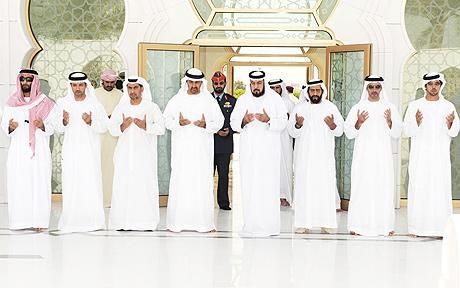The ruler of the United Arab Emirates, Sheikh Mohammed bin Zayed, is a key American ally who counts on the United States to defend his country.
But he has traveled twice to Russia over the past year to meet with President Vladimir V. Putin, and in June, his country was celebrated as the guest of honor at the Russian leader’s flagship investment forum. Later this month, the Emirati and Chinese air forces plan to train together for the first time, a notable shift for an oil-rich Gulf nation that has long relied on American fighter jets, weapons and protection.
These deepening relationships show how a Middle Eastern leader viewed by the U.S. government as an important partner is increasingly striking out on his own path. American officials have had limited success in persuading Sheikh Mohammed to align with U.S. foreign policy — particularly when it comes to limiting Chinese military ties and isolating Russia after the invasion of Ukraine.
Instead, the Emirates has thrived on inflows of Russian money, oil and gold, fueling a feeding frenzy in real estate in the glittering metropolis of Dubai. The growing ties with both American rivals and expanding economies like India are all in preparation for a world that may someday be no longer dominated by the United States.
“What we’re seeing in the international order is not necessarily a multipolar world, but we’re seeing a more fluid world where things are changing,” Anwar Gargash, a diplomatic adviser to Sheikh Mohammed, told The New York Times recently. In a lecture in Arabic last year, he was much blunter, declaring that Western hegemony was “in its final days.” » | Vivian Nereim, Reporting from Dubai and Abu Dhabi in the United Arab Emirates | Tuesday, August 8, 2023

